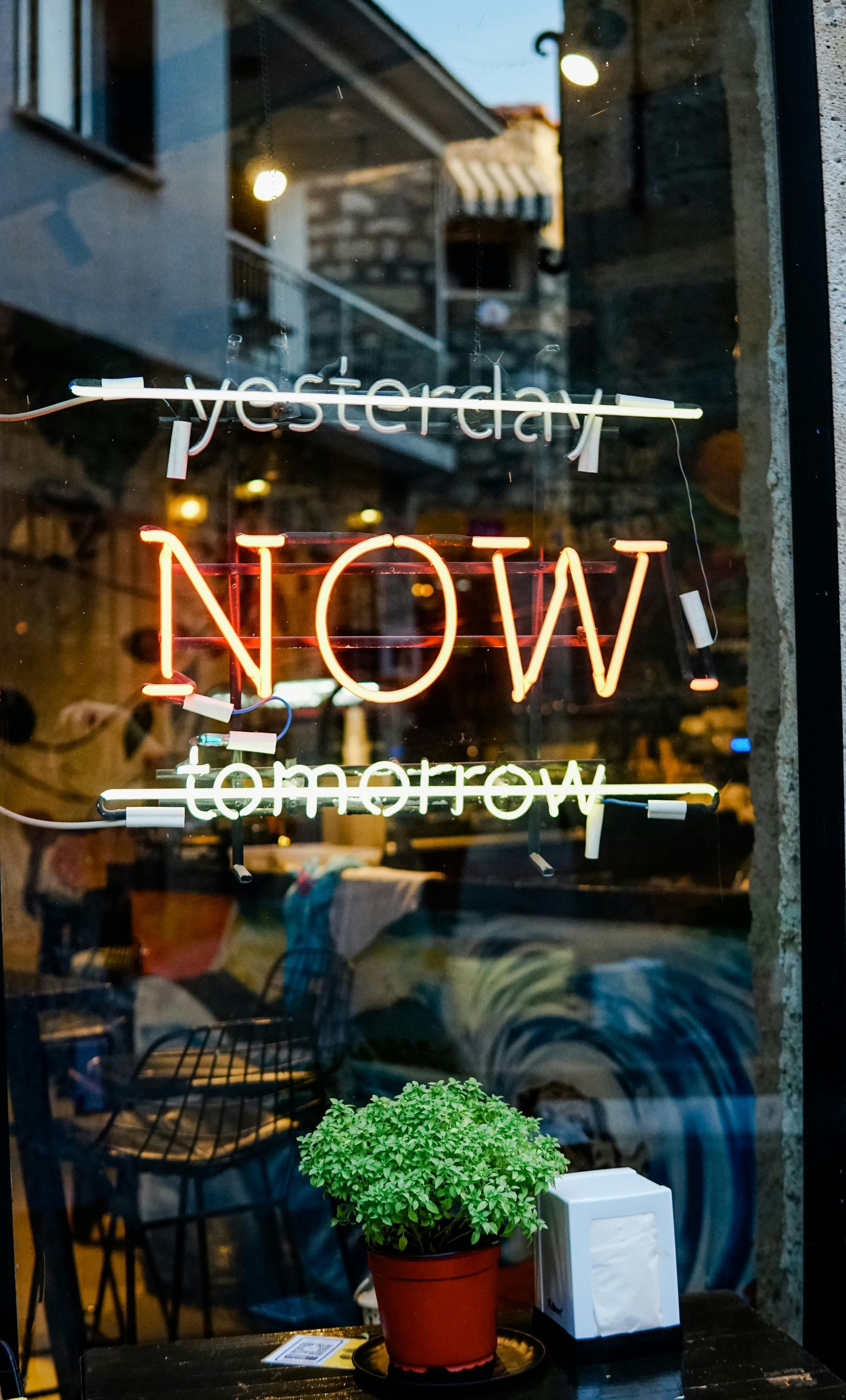Here’s to the Cuspers: Born Between Generations
Twice this week I’ve been asked about the cuspers: those born at the very beginning or very end of a generation, or simply put, born between generations.
“Have you done any work on understanding those who are almost between generations?”
“What does it mean if you are born on the cusp of one generation and another?”
So this post is for you, cuspers.
Microgenerations
To be born where we have decided one generation ends and another one begins is to be part of what we call a “microgeneration”. The concept has been around for a long time but really has never reached the level of recognition that our major generations have.
But inevitably, those with a foot in two generations do tend to feel a bit separate, not fully part of either generation. Also, they are able to understand the experiences and perspectives of both. From this comes a need to draw their own circle around themselves. One that signals they are both but neither.
We mention cuspers only briefly in our Gentelligence® book:
Gentelligence® tells us the real purpose and value of generational identity is to help us understand how the time in which we grew up has shaped our unique view of the world and out place in it; how the events and happenings of our formative years contributed to our norms and beliefs, and the kinds of tools and expertise we gained as a function of growing up when we did.
To recognize how our generational identity contributes to our perspective can help us appreciate why others older and younger might view the world in somewhat different ways than we do. Above all, Gentelligence® is about appreciating how those complex differences can be a fascinating source of learning and opportunity.
A Gentelligent mindset suggests that generational identity be used as a valu-able lens of understanding: it can help provide important context for different behaviors or higher frequencies of particular attitudes when we compare one age cohort to another. However, Gentelligence® pushes back against universal labels and assumptions that all members of a generation are always a specific way
So, what is the difference between a generational stereotype and a generationally intelligent perspective? Stereotyping an individual based solely on one’s generational identity is lazy and fails to consider other elements that impact an individual’s identity and point of view.
Within any generation, there are myriad individual differences that influence one’s experiences, opportunities, and perspectives. Such elements include nationality, socioeconomic status, race, gender, and even age (being born at the beginning versus the end of a particular generation).
While a deep exploration into the impact of all of these differences is beyond the scope of this book, we do feel they are vital to mention. As such, when individuals do not feel the narrative of their generation particularly applies to them, this disconnect is often rooted in other aspects of their identities.
For example, while Millennials are often described as being entitled due to the attention and resources they received as children, this is much more true for those who grew up in higher socio-economic classes than those with fewer resources to spare, who would not have had the luxury of such additional opportunities.
Consequently, individuals born on the cusp of a generation may not see themselves in the typical narrative for their generation, perhaps finding more connection with the neighboring cohort.
Keeping up with Generation Jones
Those born at the end of the Baby Boomer generation or the beginning of Gen X called themselves “Generation Jones”. Vice President Kamala Harris is part of this microgeneration. Once she took office, both the Boomers and Gen X wanted to stake claim to her being “one of them”.
As I wrote in a piece for NBC News at the time:
Harris (like others who are born on the cusp of two generations) is a product of both the progressive spirit of the boomers and the cultural zeitgeist of the earliest wave of Generation X. Harris grew with her parents’ taking her to protests strapped into a stroller, most certainly a foundational experience worthy of baby boomer status, as are the stories of the protests she organized against a neighbor who refused to let kids play on his lawn. In a recent article, the San Francisco Chronicle found: “Much of who Kamala Harris is today travels back to her childhood in Berkeley in the 1960s and early 1970s.”
On the other hand, many of her formative experiences are shared with Gen Xers, as well: Harris was the child of divorce at age 7, a decidedly Gen X coming-of-age trend. According to The Post, “As a latchkey child of non-European immigrants who has Salt-N-Pepa, Prince and Phil Collins on her summer playlist, Harris — a Doritos-loving, Converse- and pearls-wearing collaborative leader who doesn’t always seek the spotlight — is ours. Pure Gen X.”
I Just Realized I’m a Xennial
Those born at the end of Gen X and the beginning of the Millennials are sometimes called Xennials. The oldest Millennials were recently saddled with the rather unfortunate “geriatric millennial” moniker (which I will continue to steadfastly argue was nothing but clickbait).
Fun fact: I do this for a living and it was only when I googled to find the exact years of a Xennial that I discovered apparently I am one (Xennials are born between 1977 and 1983. I was born in 1977. If we want to get really micro, that makes me a “geriatric Xennial”. I’ll be sure to add that to my LinkedIn profile).
Merriam Webster jumped in to help those of us of a certain age navigate this cusper journey, asking “Are you a bit too young to remember Voltron, but a bit too old for Power Rangers? You might be a Xennial!”
Sarah Stankorb of GOOD magazine explains, “Those of us born in the fuzzy borderland between Gen X and Millennial are old enough to have logged in to our first email addresses in college. We use social media but can remember living life without it. The internet was not a part of our childhoods, but computers existed and there was something special about the opportunity to use one.”
And for those straddling the Millennial and Gen Z divide? Zillennials.
Seriously. Xennials and Zillennials.
I need to have a word with The People Who Name Such Things. What will we call the Gen Z/Gen Alpha cuspers (don’t get me started on the name Gen Alpha, blog on that to come later)? Zalphas?
When is it too much?
Where does it end? I love generations, but even I have limits on how micro it makes sense to get. I prefer to talk about the importance of considering age and generation as both being valuable layers of identity. This allows everyone to consider how their age may create a different experience within their generation.
Cuspers often feel disconnected from their generation because generations are too often thought of as boxes of stereotypes. Most of us don’t agree with all of the labels placed upon our generation. We disconnect with the assumptions made about us based solely upon the year we were born.
That’s why every so often there are calls to “put an end to generations”, when really what people are calling for is an end to generational stereotyping. For those born on the tails of generations, the tired tropes can feel even less accurate.
Layers Not Boxes
But what if I told you that generational identity isn’t meant to be a box, it’s simply a layer? One layer of a complex identity includes layers like age, life stage, gender identity, culture, ethnicity, religion, socio-economic status, profession…the list goes on.
This is Gentelligence: understanding generations as a complex and multi-faceted layer of who we are, and also realizing that it has intersectionality with so many other layers of our identity. In this case, its age.
And for those who are born between, that is another layer of who you are. It is the layer that can create even greater opportunities for learning. So lead on, cuspers…create those bridges we need between generations.













